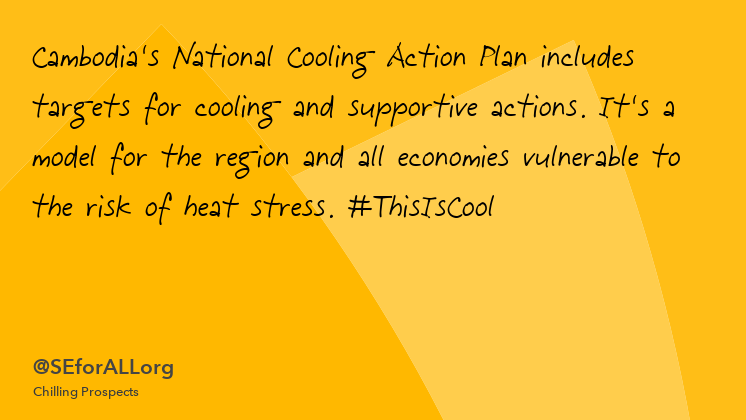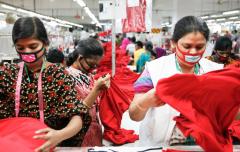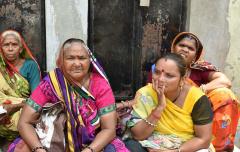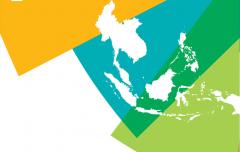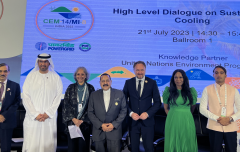Chilling Prospects: Policy progress in Cambodia with a region-leading National Cooling Action Plan
Cambodia has a rapidly growing economy and significant cooling needs. As in other parts of the world, temperatures are rising, with the capital of Phnom Penh experiencing 40°C in April 2023. The increasing incidence of extreme heat will affect not only people’s health and safety, but also key economic sectors such as agriculture, textiles, tourism and construction. Cambodia’s GDP increased 2.5 times between 2010 and 2020, when it reached approximately USD 25.9 billion. Still, it is currently estimated that GDP loss due to extreme heat is between USD 1.12 and USD 1.26 billion, or approximately 4-5 percent of GDP (2020) annually.
In response to the challenge of meeting growing cooling needs, Cambodia released its National Cooling Action Plan (NCAP) in March 2023, developed in collaboration with the United Nations Environment Programme (UNEP) and the United Nations Economic and Social Commission for Asia and the Pacific (UNESCAP) and with support from the Alliance for an Energy Efficient Economy (AEEE) and Sustainable Energy for All (SEforALL). The plan leveraged the National Cooling Action Plan Methodology developed by the partners of the Cool Coalition to deliver a comprehensive framework to address cooling needs holistically and systematically, and has been recognized as a leading example of policy progress in the region.

